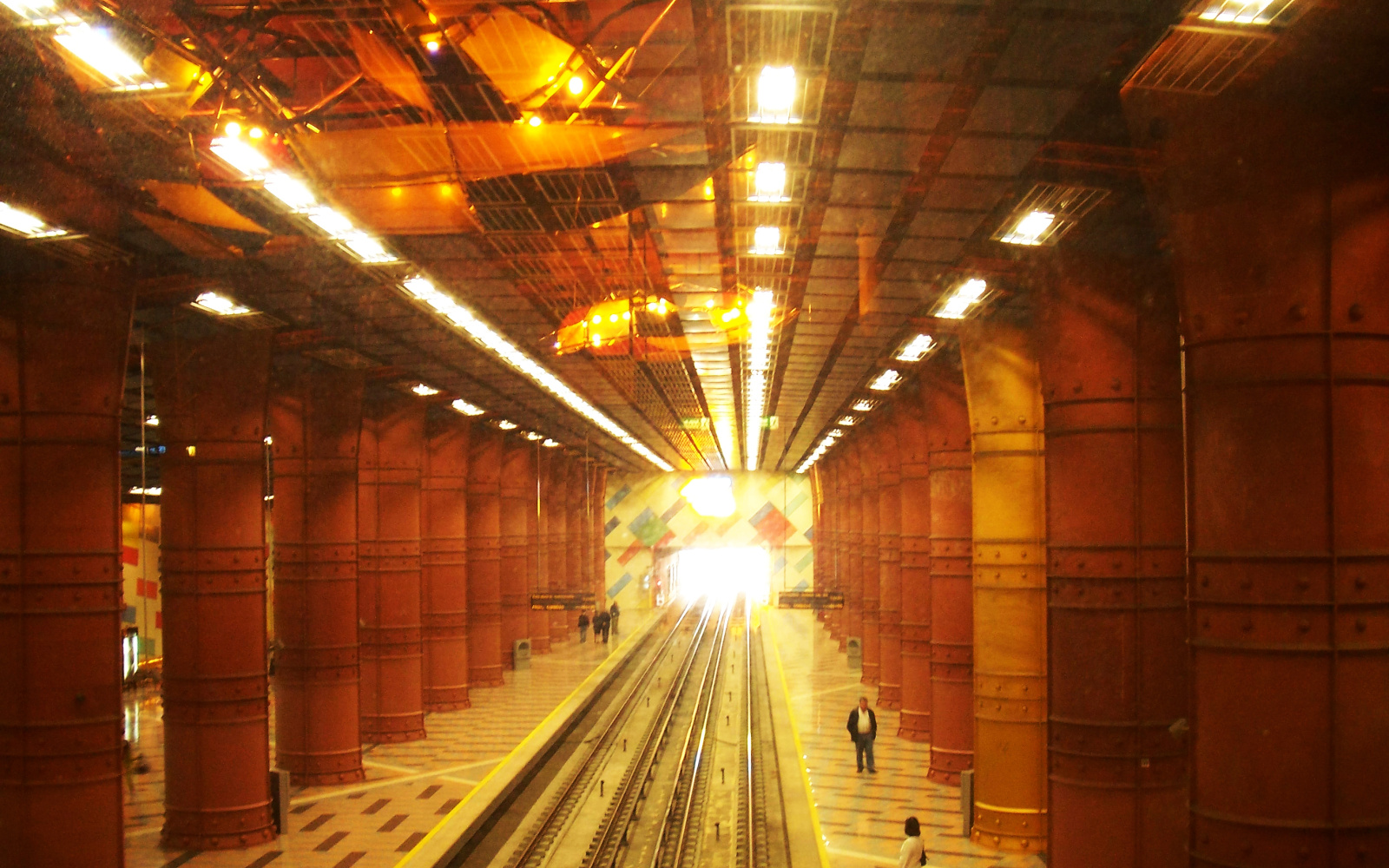Mahmoud Rasmi
Cinematic Imagery and the Return to Reality | A Peak into the Tarkovskian Zone
Siegfried Kracauer argues in »Film Theory« that in our contemporary world cinema, in the abundance of pure abstraction as exerted upon reality by the sciences and the different fields of arts and humanities, could be the very medium through which physical reality would eventually be redeemed from this predicament. Accordingly, he argues that the difference between cinema as an autonomous art and the other arts is that in the latter, the raw material that constitute the object of art is used as means to the end of the object intended to be created by the artist; whereas in cinema, that which is presented on the screen is the raw material itself. What the camera does, Kracauer affirms, is record physical reality in such a way as we might have not been able to view in a mundane life situation. In this paper I will, therefore, argue that cinema allows us to experience reality in a different way than we would have in real life due to the fragmentary nature of our lives. One example of poetic films that present us with such an organic image are those of the Russian director Andrei Tarkovsky whereby the absolute is evoked in an image irreducible to the collection of its elements. The cinematic imagery, therefore, presents us with the flow of our world and calls for a return to »physical reality«. For Tarkovsky, this is characteristic of cinema which is able to alchemically transform the mundane into something alien to us.
Dr. Mahmoud Rasmi currently is a Part-Time Instructor of Philosophy, Cultural Studies and Humanities at the Lebanese American University and the American University of Beirut. In July 2015, he completed his Ph.D. in the Department of Philosophy at the University of Salamanca, Spain. In his Ph.D. dissertation he focuses on aesthetics and the philosophy of mythology of the German philosopher Friedrich Schelling arguing for a tautegorical interpretation of the cinematic image taking as an example the films of the Russian director Andrei Tarkovsky. The title of his dissertation is: »Mythopoesis, Aesthetics and Artistic Creation: Towards a Tautegorical Interpretation of the Cinematic Image.« His Areas of Specialization include Aesthetics and philosophy of art, Ethics, Philosophy and Film, Friedrich Schelling and German Idealism.
